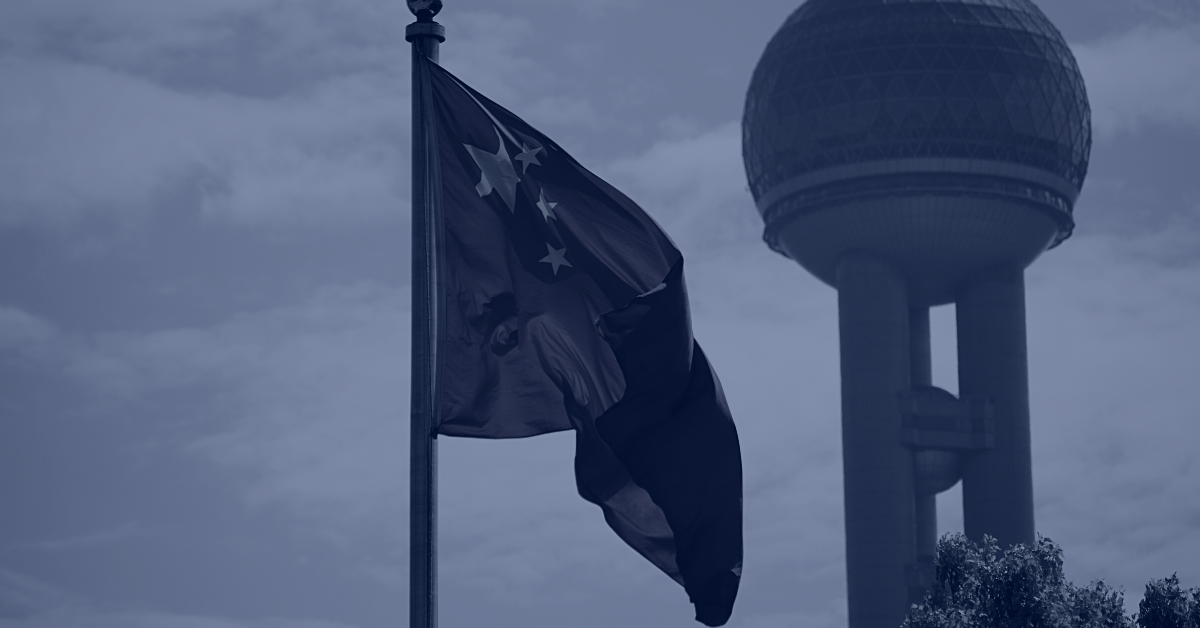China: MEE Order 12 to replace MEP Order 7
On 29th April 2020, China Ministry of Ecology and Environmental Protection (MEE) published the final version of the MEE Order 12 “Provisions for the Environmental Management of New Chemical Substances” which will replace the current MEP Order 7 (often referred to as “China REACH”). MEE Order 12 is due to repeal and replace MEP Order 7 on 1 January 2021.
The draft revision of MEE Order 12 was published by the MEE in July 2019 but the final version is not the same as the draft.
MEE Order 12 contains the following key updates:
· New definitions and obligations: MEE Order 12 includes new definitions e.g. “Highly hazardous chemicals” and corresponding obligations (e.g. annual reporting).
· New registration/notification types: there will be three types:
Record notification for General substances (<1t/y) and PLCs or polymers new monomers <2% w/w;
Simplified registration: for substances 1-10t/y;
Regular registration: for substances ≥10 t/y.
· CBI Protection: CBI protection for substances currently in the IECSC will be abolished by 31 December 2025. The maximum time applicable for CBI protection of new substances added to the inventory of existing chemicals in China (IECSC) will be 5 years.
· New Post-registration obligations: including “New use management” and risk control measures. Annual reporting will only be necessary for substances that have undergone Regular registration and that have the annual reporting requirement stated in the registration certificate.
· New timelines: Due to the new registration types, the administrative timelines are different to MEP Order 7. The new deadline for the “First Activity Report” has been increased from 30 to 60 days after the first time importing/manufacturing.
· Data requirements: For Record notification, applicants only need to submit known risk/hazard data. For Simplified registration, applicants must provide physicochemical properties and persistent, bio-accumulative and toxic (PBT) properties. For Regular registration, the data requirements will depend on the hazardous properties of the substance and exposure scenarios. A new guidance document is expected soon which will elaborate on the data requirements.













